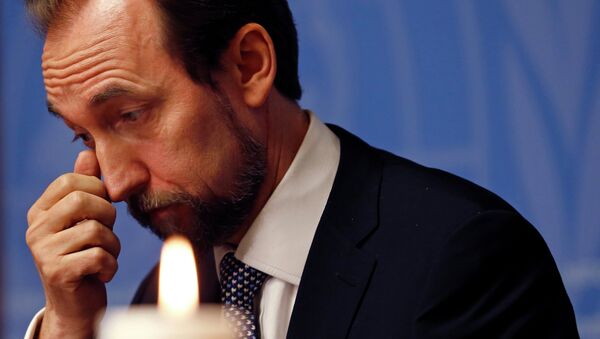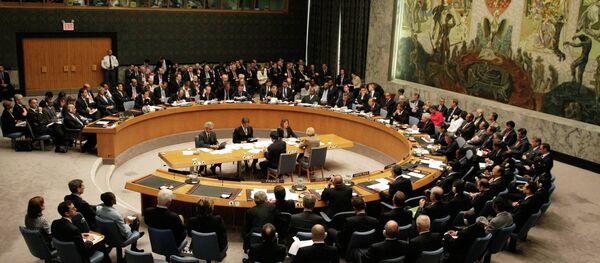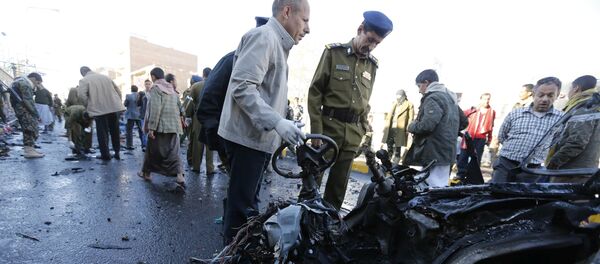"I urge all parties in Yemen to renounce the use of violence to avoid [the] further loss of innocent lives and take concrete steps towards the immediate and effective implementation of the peace and partnership agreement," Hussein said in a statement.
Dozens of people have been killed in Yemen during the past few weeks in a series of bomb attacks.
The recent bombings include the December 16 suicide attacks in Radaa, in central Yemen, which claimed the lives of more than 20 people, mainly children. On December 31, Al Qaeda in the Arabian Peninsula (AQAP) committed a suicide bombing which left over 24 people dead, while on January 4 six people died when Houthi movement members tried to defuse an explosive device near a school in Dhamar, planted by AQAP.
In the most recent attack on January 7, at least 37 people were killed after a car bomb detonated outside a police college in Yemen's capital of Sanaa.
The UN also said on Friday that Yemeni security forces reportedly used "disproportionate force, including firing live ammunition" to disperse demonstrations in late December. There have also been reports of several civilian deaths, including an incident in Al-Sabbar village where security forces allegedly killed three people.
The UN High Commissioner stressed that it is essential for both government and armed groups to stop violating the international human rights and bring perpetrators to justice.
The situation in Yemen has been unstable since anti-government uprisings in the wake of the 2011 Arab Spring. Several insurgent groups are active in the country, including AQAP and the opposing Houthis, a Zaidi Shia group that has organized major rallies and seized control in parts of the country.




